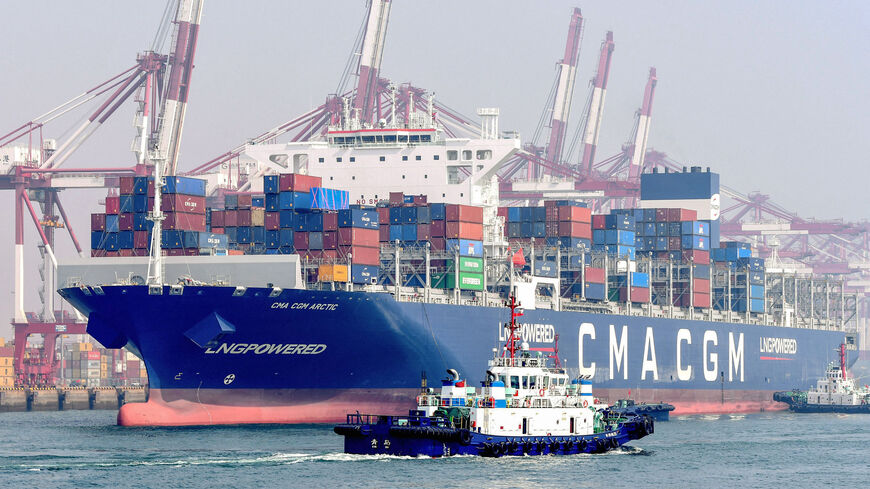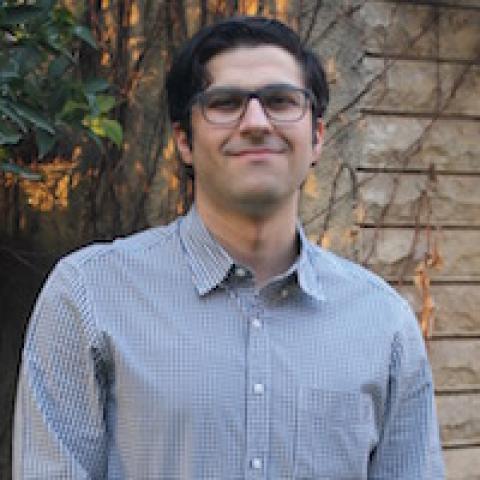Qatar signed a major liquified natural gas (LNG) deal with China on Tuesday, further strengthening the Gulf state’s energy ties to the People’s Republic.
QatarEnergy inked a 27-year agreement with the China National Petroleum Corporation (CNPC) to provide 4 million tons of LNG per year. CNPC will also receive a 5% interest in Qatar’s North Field East expansion project. The stake is equivalent to one LNG “train” with a capacity of 8 million tons per year, according to a press release. LNG trains are facilities in which gas is converted into liquid form.
Qatari Energy Minister Saad Al-Kaabi said they are pleased to “build on the excellent relations between the People’s Republic of China and the State of Qatar.” Kaabi is also president and CEO of QatarEnergy.
QatarEnergy and CNPC are both state-owned entities.
Why it matters: The deal constitutes the second major gas deal between Qatar and China in the past year. Last November, QatarEnergy and the Chinese oil giant Sinopec likewise signed a 27-year supply agreement for 4 million tons of LNG annually.
The QatarEnergy-Sinopec deal came as Europe sought to secure Qatari gas in response to the Russian invasion of Ukraine. Shortly after that deal, QatarEnergy signed a 15-year deal with the US energy giant ConocoPhillips to supply Germany with 2 billion cubic meters of liquified natural gas per year.
Qatar has been building its energy ties to China and other Asian countries in the meantime. In April, Sinopec likewise acquired a stake in Qatar’s North Field East. In early June, QatarEnergy signed an LNG supply deal with Bangladesh. The company also marked the start of its new vessel fleet construction in South Korea earlier this month.
Know more: China’s influence in the Gulf is expanding rapidly. Saudi Arabia is one of China’s top oil suppliers. In March, China settled an LNG trade with the United Arab Emirates using China’s currency, the yuan, for the first time.
China’s ties to the Gulf are more about economics and business than a convergence of political ideology, Dr. Karen E. Young wrote in a memo for Al-Monitor PRO in May.








